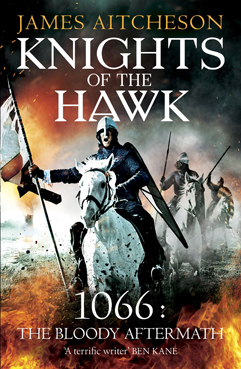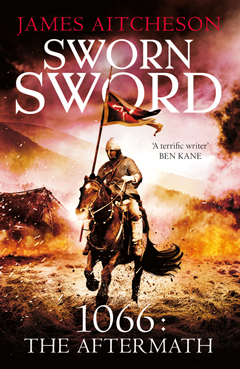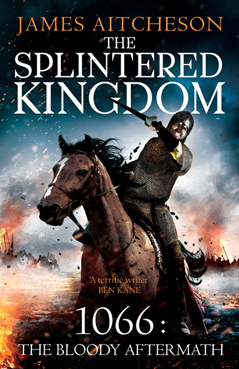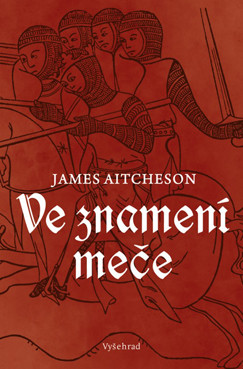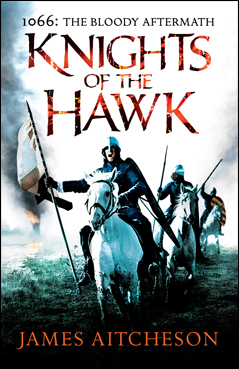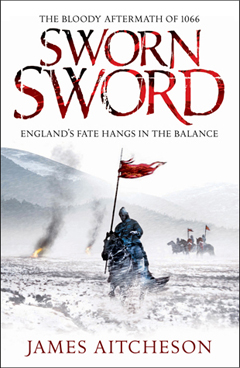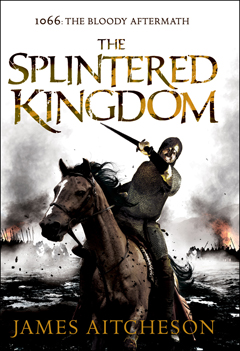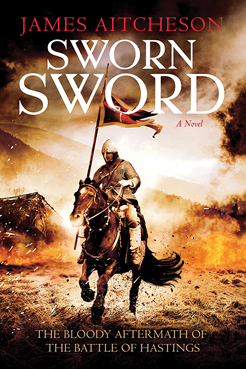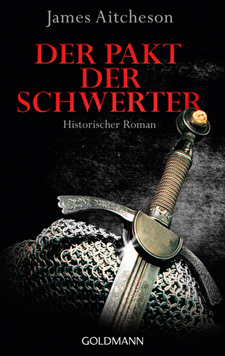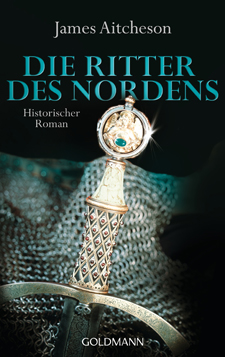The Middle Ages in the Modern World: Part One
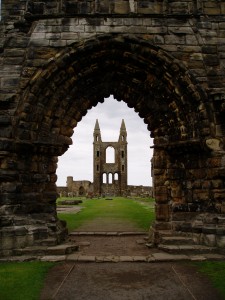
The ruins of St Andrews cathedral. At 119 metres (391 feet) in length, it’s the largest church ever to have been built in Scotland.
Being a historical novelist is all about bringing the past to life for a modern audience, so this conference seemed like the ideal chance to meet and share ideas with like-minded people from across the academic community who also happen to have the same love of the Middle Ages. And so I found myself in the company of 175 other delegates from 15 countries – some having travelled from as far afield as Australia, Korea and Canada – discussing how various aspects of the Middle Ages are represented today in literature, music, film, TV, climate change science and almost every other field imaginable.
I was there to deliver a paper entitled Representing the Middle Ages in Fiction, drawing upon my own experiences to discuss ways in which novelists might go about presenting their subjects in a historically responsible way. How rigorous should novelists be in their research? Can and should we hold them up to the same standards as professional historians? Accepting that a certain amount of invention and distortion is unavoidable in writing historical fiction, is there a certain point at which too much becomes unacceptable, and it descends into fantasy? What can historical fiction offer that non-fiction histories alone might ordinarily struggle to do?
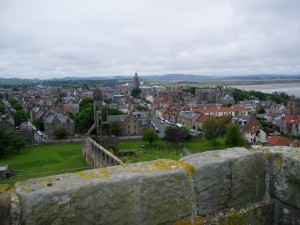
The town of St Andrews, as seen from the top of the 12-century St Regulus’ Tower, which stands amidst the cathedral ruins.
I also had the good fortune to meet and discuss writing with Felicitas Hoppe, a German novelist and recent winner of the prestigious Georg Büchner Prize – one of the most prestigious German-language literary awards – who gave a plenary lecture about the challenges of adapting medieval romances into fiction. Other brilliant lectures included James Robinson from the National Museum of Scotland speaking about the similarities between the cults of medieval saints and those of modern celebrities; Bruce Holsinger from the University of Virginia talking about how an extract from the Icelandic sagas has found its way into debates about global warming; and Patrick Geary from the Institute of Advanced Study, Princeton, examining how medieval ideas of European ethnicity still have political currency today.
Those were just a few of the highlights from the conference. More on those, and on the rest of my findings from my time in St Andrews, in Part Two of my report, coming soon!








